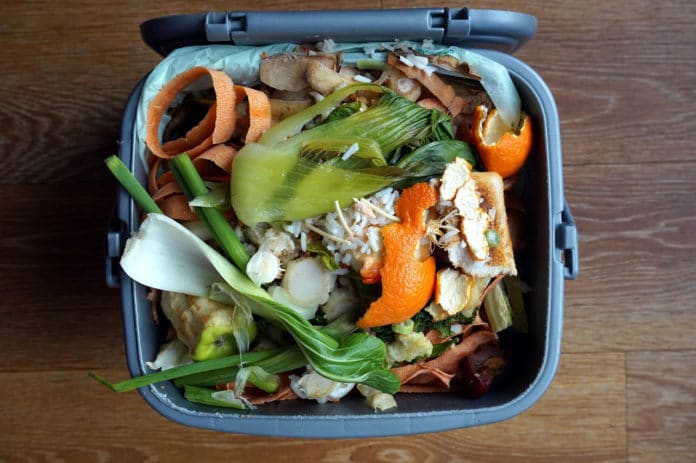In tourism, food is more than nourishment and extends to visitor experiences and attractions. Yet food waste arising from tourism activity is a major environmental and societal issue.
New research by the University of Eastern Finland and the University of Southern California highlights a significant gap in how food waste in tourism is understood and calculated.
The tourism industry is becoming more diverse, so as its food waste. The study suggests that focusing on food waste prevention only in the traditional food service and accommodation establishments ignores the truth of growing tourist households and will stifle sustainability efforts.
Food waste is the third most significant contributor to climate change, and one-third of all foods produced in the world is wasted. Annually, roughly 1.3 billion tons of food is lost or goes to waste, which is equivalent to one third or even up to one half of all food intended for human consumption.
Today’s tourism is not limited to package travel and hotel stays, as there are various alternatives available such as camping, couch surfing, AirBnB, staying at friends’ and relatives’ homes, or traveling across the country in a recreational vehicle. All these tourist household is directly or indirectly responsible for food waste. However, very little research into the topic has been carried out so far.
Thus, there is a need to mitigate food waste from these sources as well.
Research Manager Juho Pesonenfrom the University of Eastern Finland says, “We can already see that there are savvy players in the tourism industry who have succeeded in reducing their food waste and have even managed to turn that into an asset. Yet, it is not enough for only the traditional food service and accommodation establishments to reduce their food waste; we need to get all tourist households on board. As the tourism sector changes, research into food waste and sustainability becomes ever more important.”
Scientists suggest that an overall reduction of food waste requires that its sources and amounts are identified and that its disposal by tourist households is addressed. Moreover, there is a requirement of proper study of the drivers of tourist household food waste and barriers to its reduction.
Pesonen noted, “We need models that describe how food waste is created in tourist households, and how that possibly changes over time. Moreover, we need to identify platforms and intersections where food waste can be addressed, for example, through social media. In the end, it all boils down to sustainable tourism and the circular economy.”
The study is published in the journal Tourism Review.
